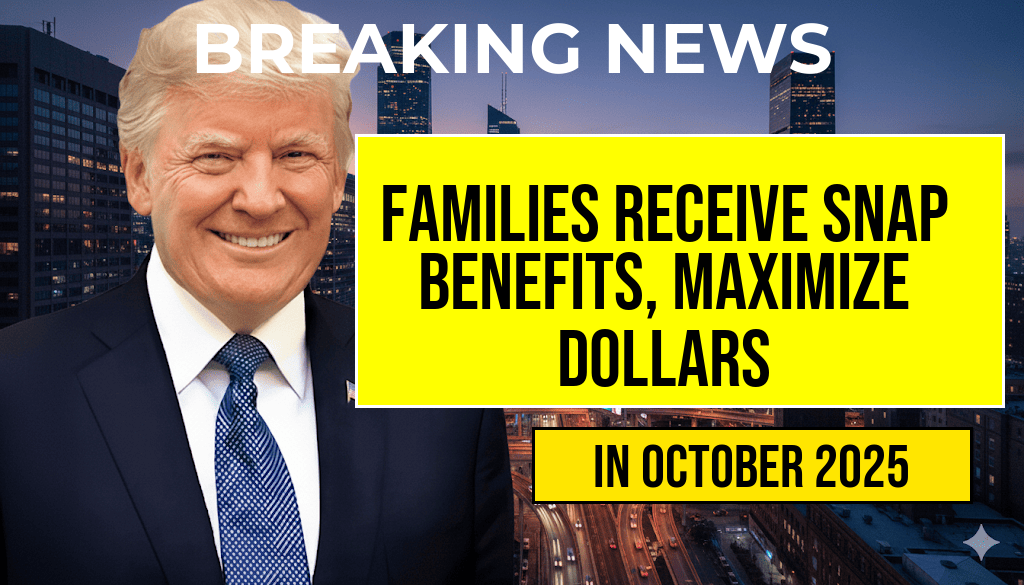Amid ongoing budget negotiations and political disagreements, the federal government has entered a partial shutdown, impacting various agencies and services across the United States. Despite the funding lapse, Social Security payments are continuing uninterrupted, providing vital financial support to millions of retirees, disabled individuals, and survivors. However, the Internal Revenue Service (IRS) assistance centers remain unfunded and closed to the public, leaving taxpayers without in-person support during tax season. This discrepancy highlights the uneven impact of government shutdowns, with some programs prioritized over others. As lawmakers debate funding measures, beneficiaries of Social Security can expect their payments to arrive on schedule, but those seeking IRS assistance face significant delays and limited options for in-person help.
Financial Support for Social Security Recipients Remains Stable
Despite the federal government’s partial shutdown, the Social Security Administration (SSA) has assured beneficiaries that their payments will continue to be issued on time. The SSA has designated the Social Security trust funds as mandatory spending programs, which are protected from shutdown-related disruptions. This means that retirees, disabled workers, and survivors relying on monthly checks will not experience interruptions, even as other federal functions halt temporarily. The agency has reaffirmed its commitment to maintaining these critical payments, emphasizing the importance of stability for vulnerable populations during uncertain times.
How Payments Are Distributed During a Shutdown
- Automatic Disbursements: Social Security payments are processed automatically through direct deposit or check, with no need for ongoing federal staffing to issue each payment.
- Funding Stability: The trust funds are designed to sustain payments independently of annual appropriations, shielding beneficiaries from immediate effects of government shutdowns.
- Potential Future Risks: While current payments are secure, prolonged shutdowns could impact related services such as processing claims or addressing beneficiary inquiries.
IRS Assistance Centers Remain Unfunded and Closed
Contrasting sharply with the protected status of Social Security payments, the IRS faces a more immediate impact from the shutdown. Most IRS assistance centers across the country are closed, and in-person services for taxpayers are unavailable until federal funding is restored. This situation complicates efforts for individuals needing help with tax questions, filing deadlines, or resolving issues related to refunds and audits.
Implications for Taxpayers and the Tax Filing Process
| Location | Status | Services Affected |
|---|---|---|
| Major City Centers | Closed | In-person assistance, drop-off services |
| Local IRS Offices | Limited or Closed | Consultation, face-to-face help |
| Online Resources | Operational | Digital tools, FAQs, virtual support options |
Taxpayers seeking help during this period are encouraged to use IRS online tools and resources, which remain accessible through the agency’s website (irs.gov). However, those unfamiliar with digital options or requiring personalized assistance may face delays in resolving their issues. The IRS has advised taxpayers to file electronically when possible and to be patient, as in-person support is temporarily unavailable.
Political and Economic Context
The shutdown stems from disagreements in Congress over federal spending bills, often centered around funding for specific programs or policy provisions. Lawmakers have yet to reach a consensus on appropriations for the upcoming fiscal year, leading to a lapse in funding for various agencies. While essential services like Social Security are shielded from immediate disruption, many other functions, including national parks, immigration services, and federal grant programs, face closures or delays.
Economists warn that prolonged shutdowns can have ripple effects on the economy, including decreased consumer confidence and disruptions in government contracts. For individuals relying on government assistance, the impact varies depending on the program’s structure and funding protections. Despite the partial shutdown, the economy remains relatively resilient, partly due to the continued operation of core programs like Social Security.
Looking Ahead
Negotiations are ongoing, with lawmakers under pressure to pass funding legislation that can prevent a prolonged shutdown. Both parties acknowledge the importance of maintaining critical services, but disagreements over policy priorities complicate efforts to reach a consensus. Meanwhile, beneficiaries of Social Security are advised to monitor updates from the SSA and remain aware that their payments are secure for now.
For taxpayers and others seeking assistance from the IRS, the situation underscores the importance of planning ahead and utilizing online resources. As the political process unfolds, the hope remains that a resolution will be reached swiftly, restoring full funding to federal agencies and services. Updates can be tracked through official government channels and reputable news outlets, such as CNN and NPR.
Frequently Asked Questions
What is the current status of Social Security payments during the government shutdown?
Social Security payments will continue to be issued as usual despite the ongoing government shutdown.
Are IRS Assistance Centers currently operational during the shutdown?
No, IRS Assistance Centers remain unfunded and are temporarily closed until further notice.
Will there be any delays in Social Security or IRS services because of the shutdown?
Social Security payments are unaffected and will continue without delay. However, IRS services and assistance may be limited or unavailable during this period.
What should taxpayers do if they need IRS assistance during the shutdown?
Taxpayers are advised to use IRS online resources or contact their local IRS office before the assistance centers reopen, as in-person help may be unavailable temporarily.
Is there any impact on future Social Security payments or benefits due to the shutdown?
No, current Social Security payments will continue uninterrupted, and there is no indication that future benefits will be affected by the shutdown.






